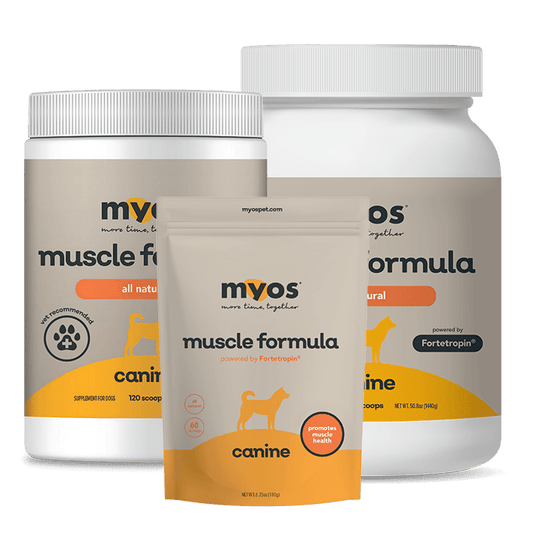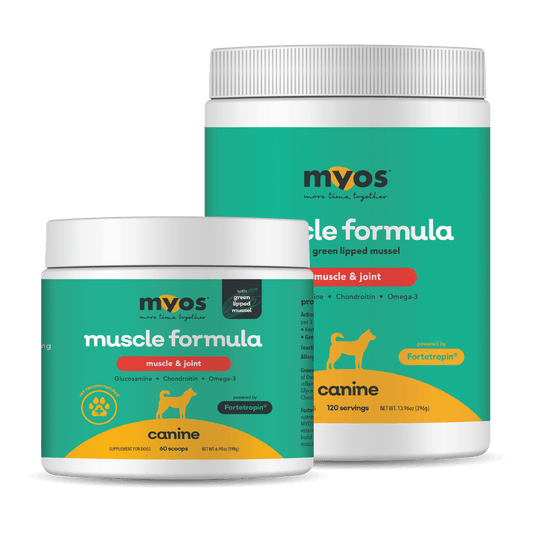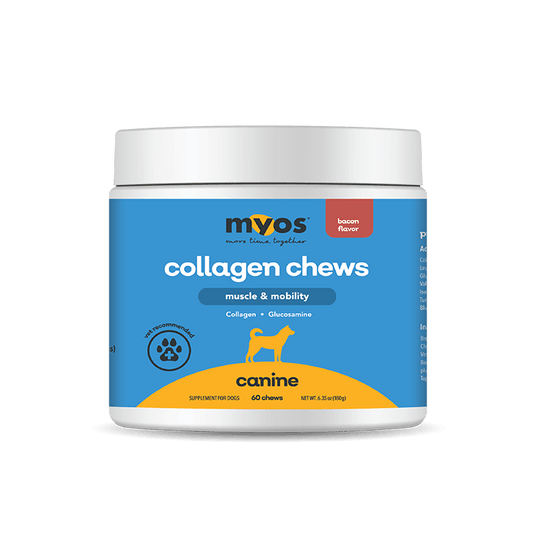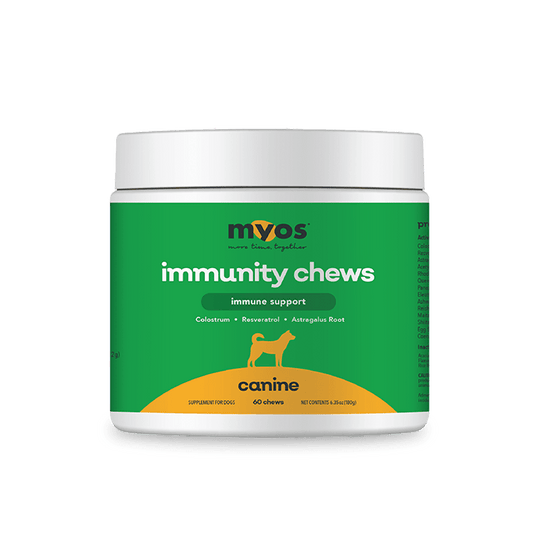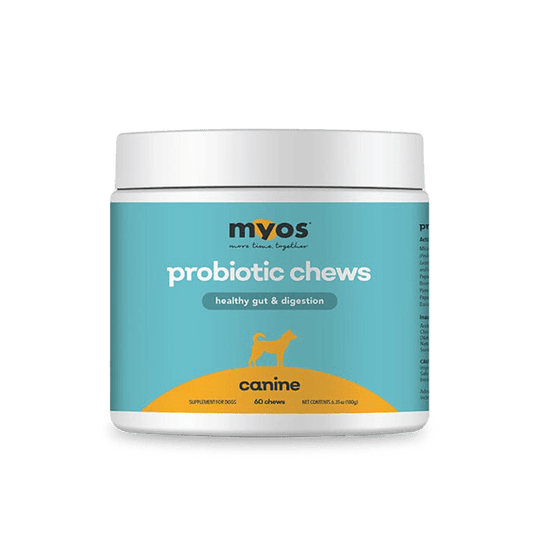
When it comes to the overall wellbeing of your dog, several factors must be taken into consideration, like weight, nutrition, and body condition. Muscle health is also an often overlooked component in the equation, and here’s why we need to place more focus on this vital area.
Impact on Multiple Body Functions
Muscles play a huge role in supporting most other bodily functions your dog needs to thrive. These include energy level, metabolism, movement, balance, and bone health. Keeping your dog’s muscles strong goes a long way in making sure the rest of their body is healthy as well.
Activity
Dogs are highly active, social animals that love to run and play. Not only does your dog’s activity level enhance their physical condition, it promotes their mental health as well. Keeping your dog mobile is dependent on strong muscles and, while that may be an obvious reason for giving proper attention to your dog’s muscle health, it’s worth mentioning as it leads into the next topic.
Performance
Many dogs work to help people hunt, herd, retrieve, guard, and perform specialized jobs, like service dogs and police dogs. Building muscle helps dogs perform their various work duties. Excellent muscle conditioning can improve flexibility, balance, speed, body awareness, mobility, and strength. It also reduces fatigue and injury, which brings us to the next reason for emphasizing muscle health in dogs.
Preventing Injury or Illness
One of the major benefits of incorporating muscle building and strengthening activities into your dog’s daily exercise is that it helps prevent injury. Building muscle supports and gives stability to joints and tendons, and increase bone density.
Strengthening core muscles in dogs with neurological issues is necessary to support and safeguard the spine. It also reduces the probability of hip muscle strains and soft tissue injuries, as well as injuries associated with canine osteoarthritis.
Recovery After Injury, Surgery, or Illness
In the event that your dog is injured, develops an illness, or needs to have surgery, recuperation usually involves a certain amount of rest, during which time muscles can atrophy. Ensuring their muscles are in the top condition from the outset gives them a considerable edge if their recovery includes physical therapy and as they resume normal activity.
To keep your dog’s muscles healthy, you can incorporate a natural, muscle-supporting ingredient like Fortetropin. This supplement has been proven to increase muscle mass in dogs and reduce the risk of atrophy, meaning it’s suitable for both prevention and repair.
Check with your veterinarian for the best course of action in maintaining your dog’s muscle health.

